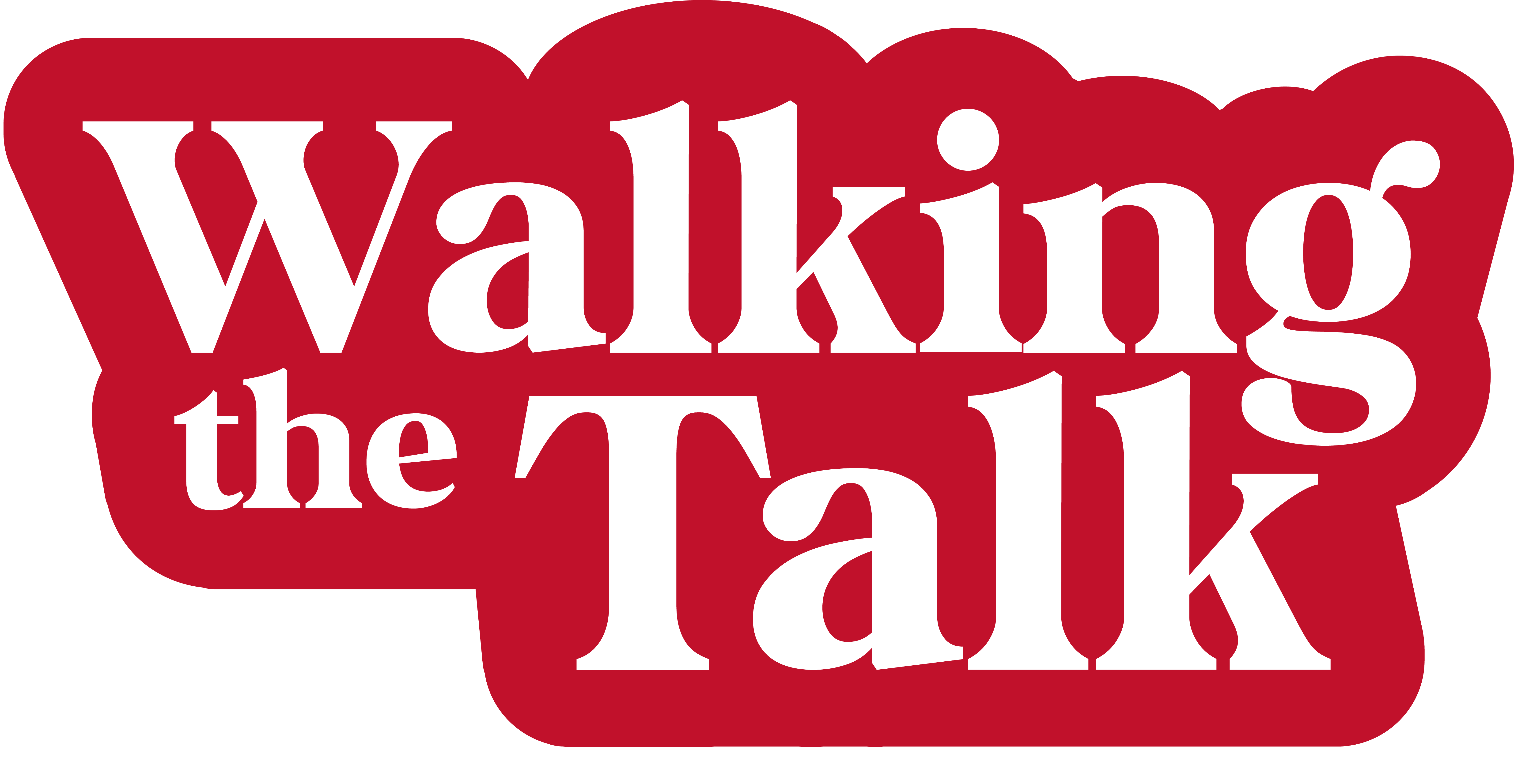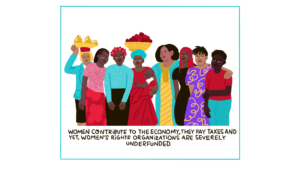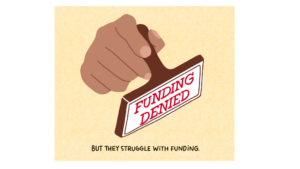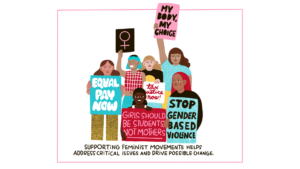Key information
Regions: India and Kenya
Donors: Global Majority and Minority Donors and Corporate Social Responsibility (CSR) Corps.
Researchers: Beatrice Maneshi, Aviva Stein, Aditi Mukund, and Leonida Odongo
Advocacy Summary
The research calls for the regulation of governments and corporations in climate responsiveness. It further highlights the importance of integrating gender equity into climate adaptation financing based on equitable participation from local and grassroots organizations/movements. Climate adaptive and responsive funding is high yet a low percentage of foundation grants got to Women’s rights movements. The authors highlight that Corporate Social Responsibility present an opportunity/ alternative to existing funding models. Existing CSR models fail to integrate gender equality. As a solution, the researchers suggest the alignment of international and philanthropic donors with CSR frameworks and government strategies ensuring more effective and sustainable Public-private partnerships. This paper is important in that it focuses on the importance of strategy alignment and greater collaboration between different funders. Can countries create local funding pools with CSR funds, government and international funders?
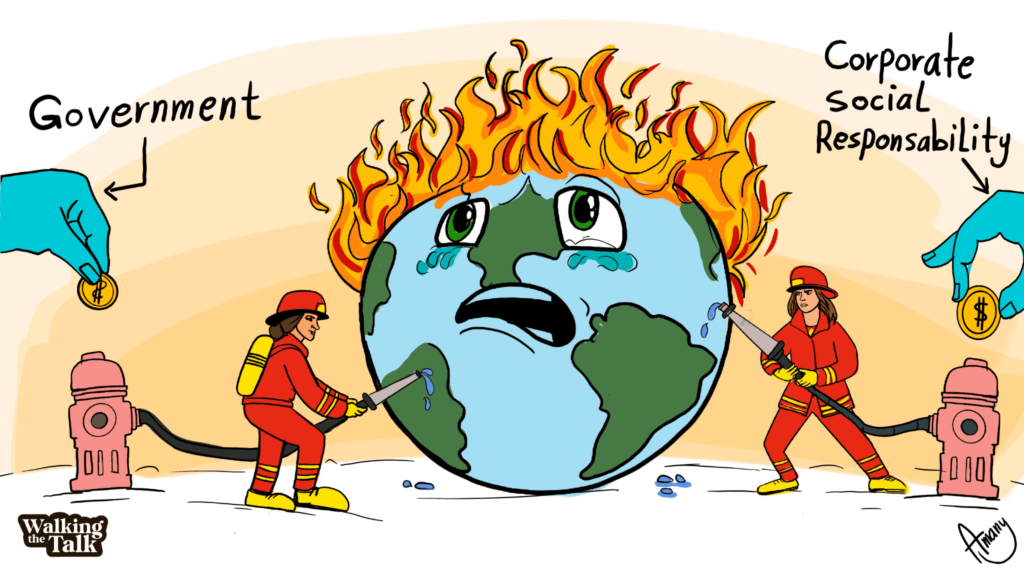
Recommendations
- Establish Mandatory, Gender-Responsive CSR and Climate Finance Regulations: Governments, especially in the Global South, should implement and enforce CSR and climate finance frameworks that prioritize gender equity and feminist funding, ensuring local women’s rights groups are key stakeholders.
- Foster Inclusive Public-Private Partnerships: CSR frameworks should encourage collaboration among governments, multinational corporations, NGOs, and donors, with strong participation from local women’s groups in decision-making and oversight processes.
- Ensure Transparency and Adaptability in Funding Mechanisms: CSR systems must include transparent, regularly updated reporting and evaluation processes, aligning with broader taxation, philanthropy, and development goals to stay responsive to changing priorities.
- Build Capacity of Grassroots Women’s Organizations: Invest in technical support and capacity building for WROs to strengthen their role in shaping and implementing gender-transformative CSR and climate finance initiatives.
Authors

Aditi Mukund is a researcher specializing in feminist foreign policy and non-traditional security, with a focus on India and the Global South. She is a German Chancellor Fellow with the Alexander von Humboldt Foundation. As the founder of the Women in International Relations Network (WIRN), Aditi works to amplify feminist perspectives in international security and foreign policy. Her research spans critical intersections of gender, climate, and security, aiming to bridge gaps between different policy areas.

Beatrice Maneshi, an Iranian-American feminist and co-founder of Catalystas Consulting, is a leading expert in Gender, Security, and Financial Inclusion with professional experience spanning over 68 countries. She is also an ITTS Verona Human Rights Fellow and a member of the Women of Color Advancing Peace and Security (WCAPS) network.

Leonida Odongo, a Kenyan activist and educator, is a passionate advocate for climate justice, agroecology, feminism, human rights, and social justice. She is the founder of Haki Nawiri Afrika. She serves as a pivotal member of the coordinating committee for the Civil Society and Indigenous Peoples’ Mechanism, which relates to the UN Committee on World Food Security (CFS).

Aviva Stein, an American public policy and investment expert, is the co-founder of Catalystas Consulting. She specializes in public policy, philanthropy, and impact investment. A recipient of the Nobel Peace Prize for her work with the Organization for the Prohibition of Chemical Weapons in Syria (2013), Aviva has also served as a policy advisor to the Autonomous Administration of North and East Syria, where she helped drive feminist policy initiatives.
